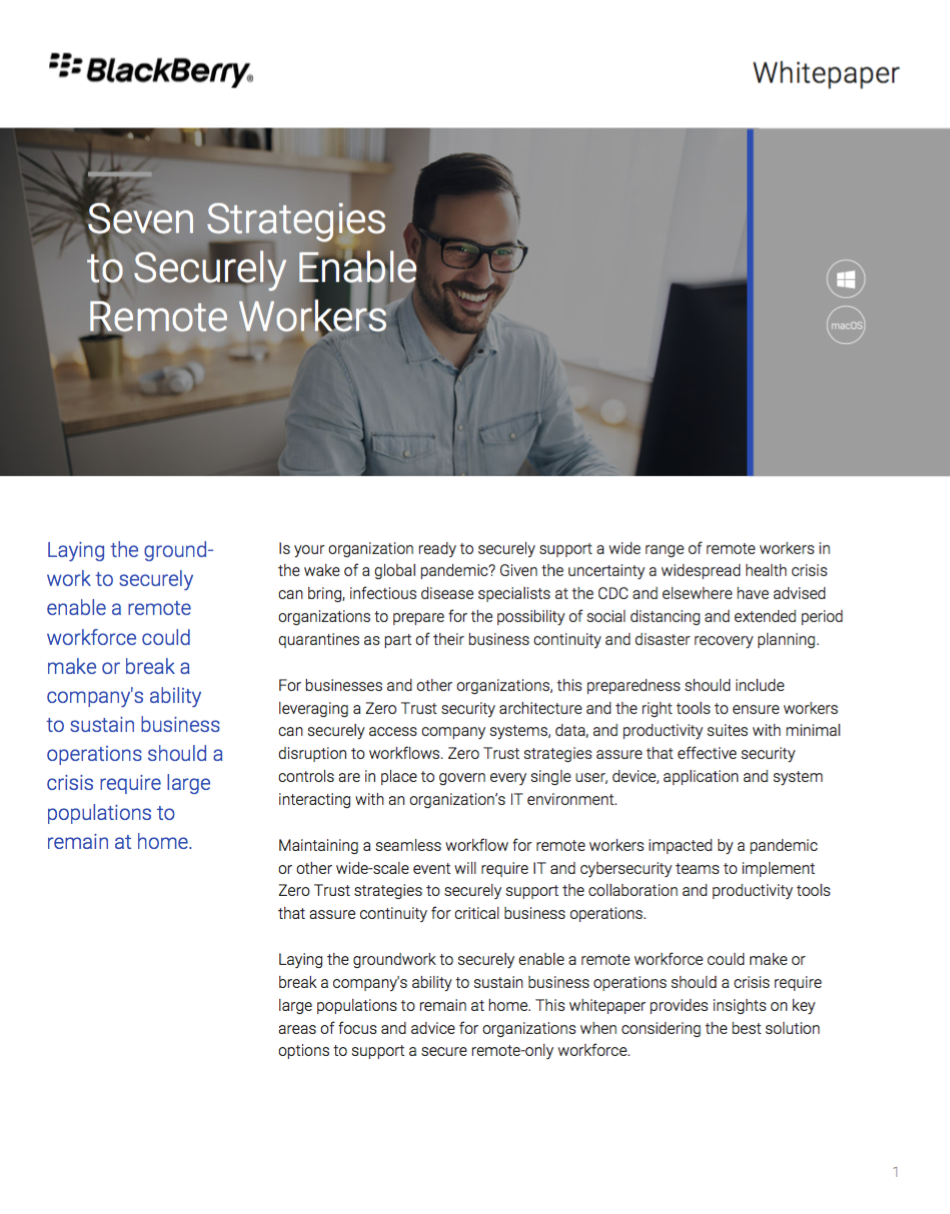OpenText to close half its offices for permanent remote working
Forced remote working has had little impact on productivity, company claims


Software developer OpenText will implement a restructuring programme once the coronavirus pandemic has subsided, involving the closure of half its offices and the shift of some workers to permanent remote working.
Approximately 15% of the company’s employees will be affected by the closures as OpenText plans a permanent shift to a ‘hybrid’ model of working. This change has been penned in after the company reported maintaining productivity levels after shifting the vast majority of its workforce to a temporary remote-working regime.
As part of the plans, half of OpenText’s 120 offices will shut permanently, which is set to mainly affect smaller spaces, while larger offices, including corporate offices regional head offices, will remain open.
“As a result of the pandemic, more than 95% of our employees are currently working from home and we are making plans for a hybrid future return to workplace strategy,” said OpenText’s CFO Madhu Ranganathan. He was speaking in a conference call following the release of the company’s latest quarterly financial results.
“We have also accrued and begun executing a workforce the balancing program across various departments in order to further reduce our cost base in light of the economic uncertainty.”
Businesses in all sectors have been forced to adapt to the pandemic by either furloughing their staff or shifting them to remote working patterns on a temporary basis.
This shift has put pressure on security and IT teams, among other areas of the businesses, to gear up employees with the technology and the new practices to stay connected with their colleagues and companies.
Sign up today and you will receive a free copy of our Future Focus 2025 report - the leading guidance on AI, cybersecurity and other IT challenges as per 700+ senior executives
Despite the disruption, many companies, including OpenText, haven’t experienced a reduction in productivity, which may offer food for thought for permanent changes once lockdown restrictions lift.
The total cost of OpenText’s “real estate facilities” restructuring plans is expected to be in the range of $65 million and $80 million. Costs as a result of “workforce balancing” plans, meanwhile, are set to be in the range of $15 million to $20 million and will involve severance payments.
“We have all now experimented at scale,” said OpenText CEO Mark Barrenechea, adding many companies have been surprised just how effective it is, with productivity even higher in some cases.
RELATED RESOURCE

Seven strategies to securely enable remote workers
Sustain business operations during a crisis by following these strategies
He added the pandemic has been an opportunity for the company to think differently about what the return to the workplace looks like. In hiring a portion of staff on remote-working agreements, talent pools will also open up, and the company can think more widely about the people that can be brought on board.
“None of us would have experimented like this on our own,” he continued.
“I think you are going to see some permanent changes in that hybrid work. I think it’s going to in a lot of ways reinvent reinvigorate content services and these are some of the things that we are seeing.”
Although the shift may seem logical, employees working remotely at the moment are doing so out of necessity on the understanding the move is temporary. Some workers may not take to working from home on a permanent basis favourably, instead preferring aspects of the job that may be lost, such as the office culture.
This isn’t to mention the need to ensure internet connections are reliable and these employees have all the hardware they need.
IT Pro asked OpenText whether it could elaborate on how it plans to support employees in future, and how to ensure that remote-workers feel just as valued as those asked to come into offices, although no one was available for comment at the time of publication.

Keumars Afifi-Sabet is a writer and editor that specialises in public sector, cyber security, and cloud computing. He first joined ITPro as a staff writer in April 2018 and eventually became its Features Editor. Although a regular contributor to other tech sites in the past, these days you will find Keumars on LiveScience, where he runs its Technology section.
-
 Microsoft unveils Maia 200 accelerator, claiming better performance per dollar than Amazon and Google
Microsoft unveils Maia 200 accelerator, claiming better performance per dollar than Amazon and GoogleNews The launch of Microsoft’s second-generation silicon solidifies its mission to scale AI workloads and directly control more of its infrastructure
-
 Infosys expands Swiss footprint with new Zurich office
Infosys expands Swiss footprint with new Zurich officeNews The firm has relocated its Swiss headquarters to support partners delivering AI-led digital transformation